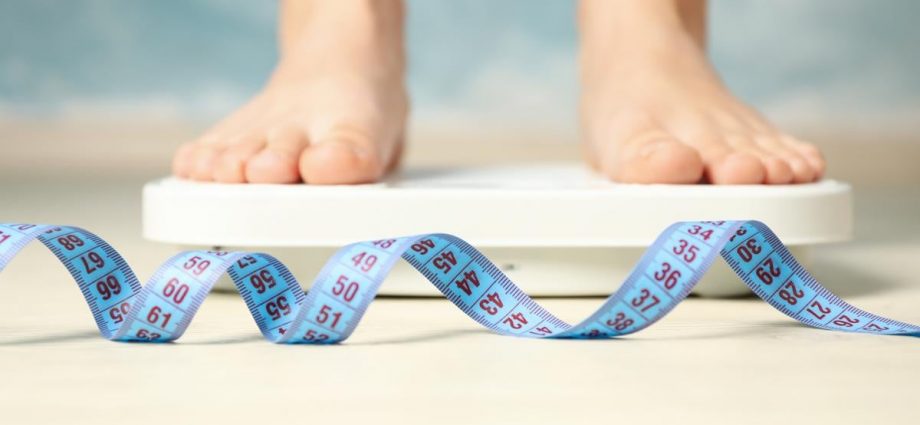THURSDAY, Sept. 12, 2024 (HealthDay News) — The injectable weight-loss drug Zepbound appears to work better in women than in men, according to a new analysis of the clinical trials that led to its approval.
All doses of tirzepatide consistently reduced weight in both women and men, researchers found.
But women lost up to 25% of their initial body weight when treated with tirzepatide, compared with just 19% in men, results showed.
Researchers presented the new analysis Wednesday at the European Association for the Study of Diabetes’ annual meeting in Madrid. Findings presented at medical meetings should be considered preliminary until published in a peer-reviewed journal.
“This post-hoc analysis underscores the consistent benefits of tirzepatide for women and men. More research is needed to understand the mechanism by which females may experience more weight reduction in these trials,” lead researcher Dr. Luis-Emilio García, an associate vice president at Eli Lilly, said in a meeting news release.
Tirzepatide works by mimicking two types of hormones related to hunger and insulin control, GLP-1 and GIP. Its rival drug, Wegovy, only mimics GLP-1.
This new study pooled all the data from four trials that tested tirzepatide against a placebo in nearly 3,000 women and 1,700 men.
The trials tested the weight-loss drug in obese people with or without type 2 diabetes or other weight-related health problems. Some trials also included a three-month lifestyle intervention intended to help people shed pounds.
Across all trials, people’s odds of reaching weight-reduction targets were significantly higher when they took tirzepatide than when they received a placebo.
Women lost 12% to 28% more weight on tirzepatide than placebo, while men lost 9% to 19% compared to placebo.
The safety profile was similar for men and women, although more women reported nausea and vomiting.
The trials were all funded by Eli Lilly, the maker of Zepbound.
More information
Harvard Medical School has more on the new weight-loss drugs.
SOURCE: European Association for the Study of Diabetes, news release, Sept. 11, 2024
Copyright © 2026 HealthDay. All rights reserved.

